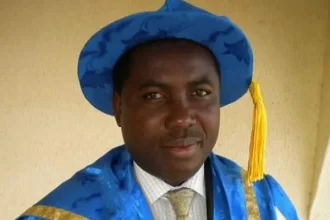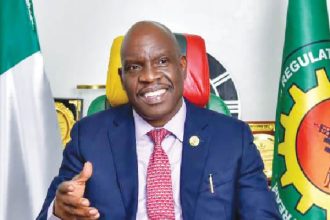Concerned Women International Development Initative, CWIDI, has called on the Benue State government to increase funding for the Benue State Sexual Assault Referral Centre, BenSACR, to strengthen response to Sexual and Gender-Based Violence, SGBV, especially against Adolescent Girls and Young Women, AGYW.
This was contained in a statement on Wednesday in Makurdi by CWIDI’s Director of Programmes, Mrs Bridget Okeke.
She emphasised that BenSACR plays a critical role in providing life-saving medical care, forensic examination, psychosocial counseling and legal referrals to survivors of sexual violence across the state.
Mrs Okeke described BenSACR as a lifeline for survivors of sexual violence, but lamented that limited operational funding has continued to hamper its ability to provide consistent, quality and 24-hour services.
She expressed worry over the increasing number of reported SGBV cases in Benue State, particularly among young women and girls in rural and conflict-affected communities.
Mrs Okeke restated a call on the government to prioritise funding for the center to ensure that no survivor is left without help, hope or justice.
She noted that without adequate funding, many survivors would be unable to access timely and comprehensive care or pursue justice due to weak coordination and limited resources, urging the State Ministries of Health, Women Affairs and Social Development, Finance and Economic Planning to dedicate budgetary funding for the full operationalisation and sustainability of BenSACR.
She suggested strengthening multi-sectoral coordination between BenSACR, the police, Ministry of Justice, FIDA and community-based organisations for seamless referral, data sharing and survivor follow-up, as well as expand BenSACR’s reach to underserved local government areas through outreach and integration with primary healthcare facilities.
Okeke added that strengthening BenSACR aligned with the Benue State Violence Against Persons (Prohibition) Law and the Gender Policy, both of which mandate survivor-centered response and access to justice, advising that increased funding would enhance public trust and reduce reliance on donor support.
She advocated sustained state funding, as well as improved coordination for BenSACR to operate 24 hours daily with improved survivor – centered care.


















